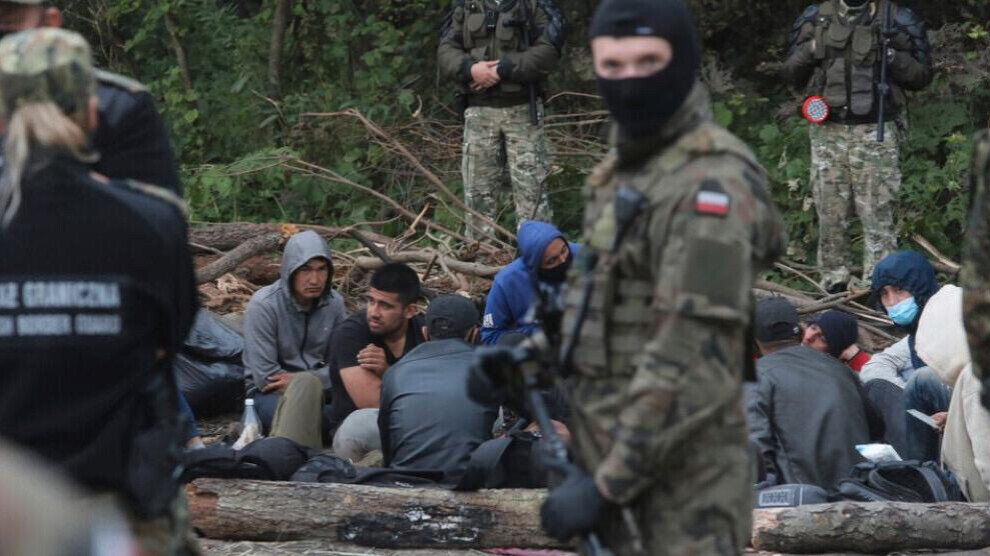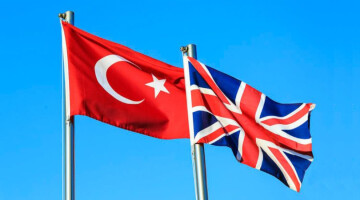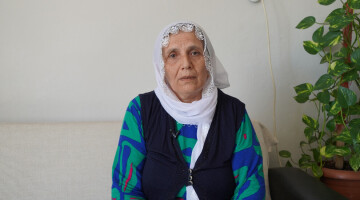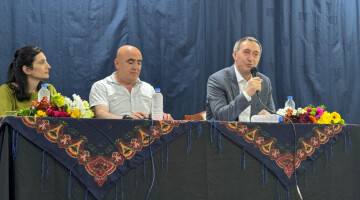Josep Borrell, the High Representative of the European Union for Foreign Affairs and Security Policy, presented this week to the College of European Commissioners his "strategic compass", a redefinition of the threat facing the Union and a list of recommendations for responding as a power. At the heart of the news is the crisis on the border between Poland and Belarus, which is the subject of a Council of EU foreign ministers on Monday in Brussels.
Josep Borrell, announced in an interview with Sunday newspaper (JDD) published Sunday, November 14, that new sanctions will be taken on Monday in Brussels against Belarus, accused of instrumentalizing the issue of migrants at the border with Poland.
Asked what the EU Council of Foreign Ministers will decide on Monday, Borrell said, “We will give the green light to extend the legal framework of our sanctions against Belarus so that it can be applied to all those involved in the smuggling of migrants to that country, for example the airlines or travel agencies involved, by banning their leaders from traveling and freezing their assets in Europe.”
Josep Borrell also claimed that the European Union continues to “refuse any legitimacy to this regime since we do not recognize President Lukashenko as legitimately elected. But that does not mean that the dialogue is broken. “Discussion is never harmful. But we continue to deny the legitimacy of Lukashenko's regime,” he added.
Faced with the threat of instrumentalization of migratory flows, Josep Borrell addressed his project of “strategic compass” to the 27 members. Europe must “stop being a hypocrite”, said Borrell and continued, “Obviously there is a Russian threat, otherwise we would not have troops deployed in the Baltic countries. This ‘strategic compass’, I want it to be a catalyst for actions to protect Europe from all threats. Europe is in danger and Europeans do not realize it.”















